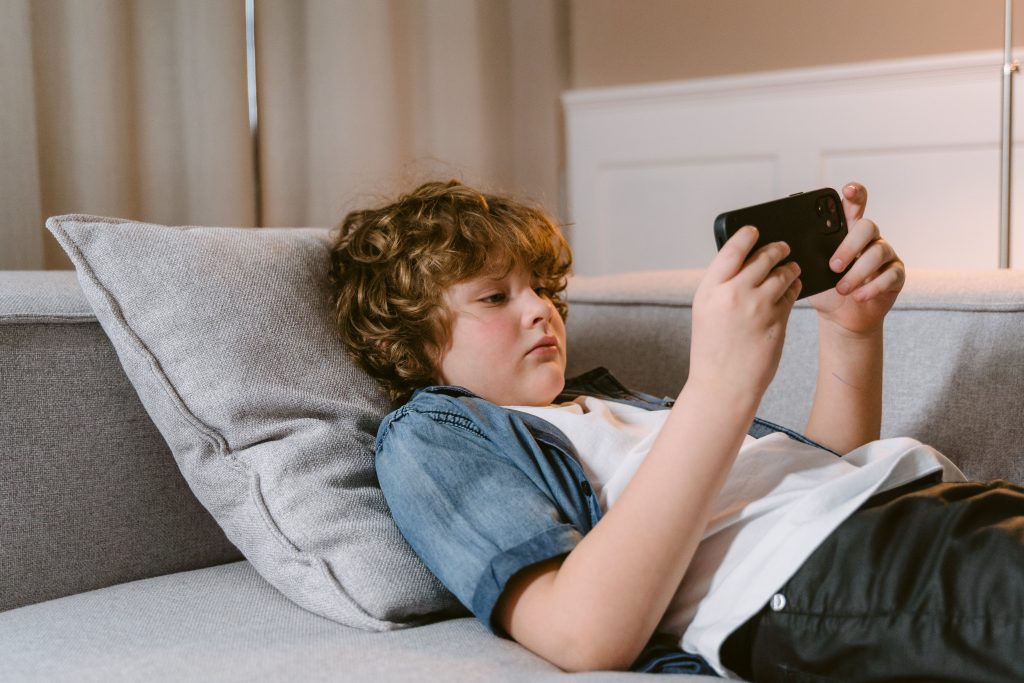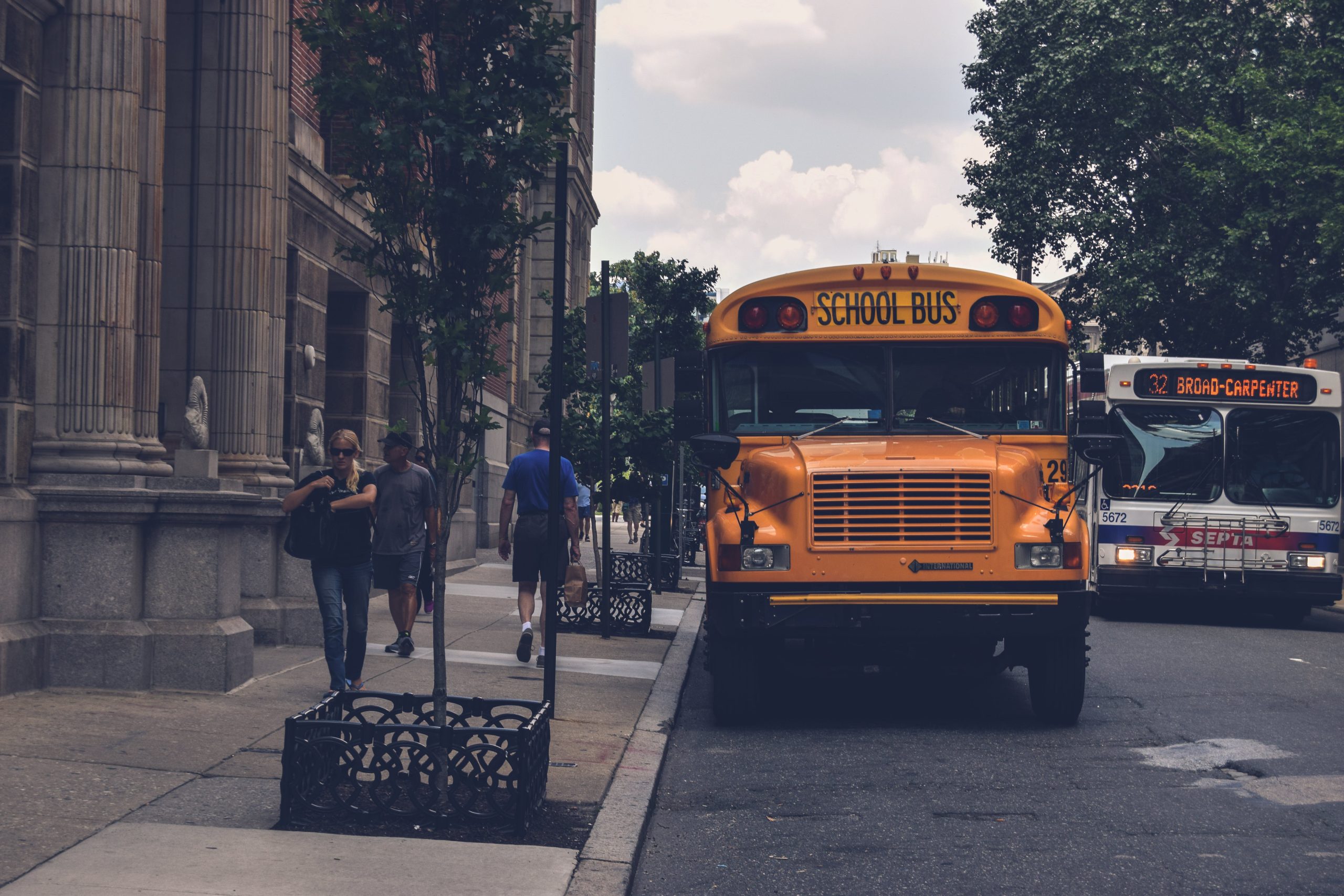Florida lawmakers are pushing forward with House Bill 1, a proposal aimed at regulating children’s access to social media.
The law has caused controversy since it may violate parental rights, a value that the state is said to have supported recently, even if its seeming laudable goal is to protect children from the dangers of social media.
House Bill 1, a priority for House Speaker Paul Renner, proposes prohibiting children under the age of 16 from using most social media platforms, irrespective of parental approval. The bill goes further by revoking existing accounts, deleting associated information, and mandating age-verification methods for platforms.
While the concerns about shielding children from online harms such as bullying, inappropriate content, and hate speech are valid, the proposed restrictions have ignited a debate over the broader implications for parental rights.
Even US Surgeon General Vivek Murthy has added his voice to the discussion, highlighting the mounting evidence linking social media use to adverse effects on young people’s mental health. However, the bill raises questions about the potential consequences of cutting parents out of the decision-making process entirely.
Florida is not alone in its attempt to legislate social media controls for minors, with other states, including California, also grappling with legal challenges. The proposed laws face hurdles, particularly concerning First Amendment free speech protections and the delicate issue of parental rights.
Parental rights have been a focal point of the DeSantis administration, evident in recent controversies such as the removal of thousands of books from school shelves deemed objectionable by certain parents and conservative groups.
Florida’s Parental Rights Legislation

The assertion of parental rights has reached such heights that a Republican-backed proposal aims to make it more difficult to challenge books.
The 2022 Parental Rights in Education law, colloquially known as the “Don’t say gay” law, exemplifies this trend. Conservatives championed the law as a means of resisting what they perceived as liberal teachings in schools, particularly regarding gender identity and sexuality. The core argument asserted that parents should determine their children’s education, not teachers or school boards.
However, critics argue that Florida’s brand of parental rights appears selective. The 2023 law banning children from attending drag shows stands out as an example where parental rights were set aside, with the Legislature making the decision for everyone.
Although the enforcement of this law has been blocked in court, it highlights the inconsistency in the state’s approach to parental rights.
As House Bill 1 advances through the legislative process, having secured bipartisan support in the House, it is set to face a pivotal hearing in the Senate Judiciary Committee on Monday,
February 5. While Governor Ron DeSantis expressed concerns about the bill, citing the need for it to “evolve” and a desire to “empower parents,” some critics point out his prior willingness to bypass parental rights when it came to the drag show ban.
House Bill 1 highlights the Legislature’s inconsistent support of parental rights while exposing a possible constitutional challenge among justifiable worries about shielding kids from the possible risks of social media. The discussion around the law points to a careful balancing act between protecting children and upholding parental rights.









